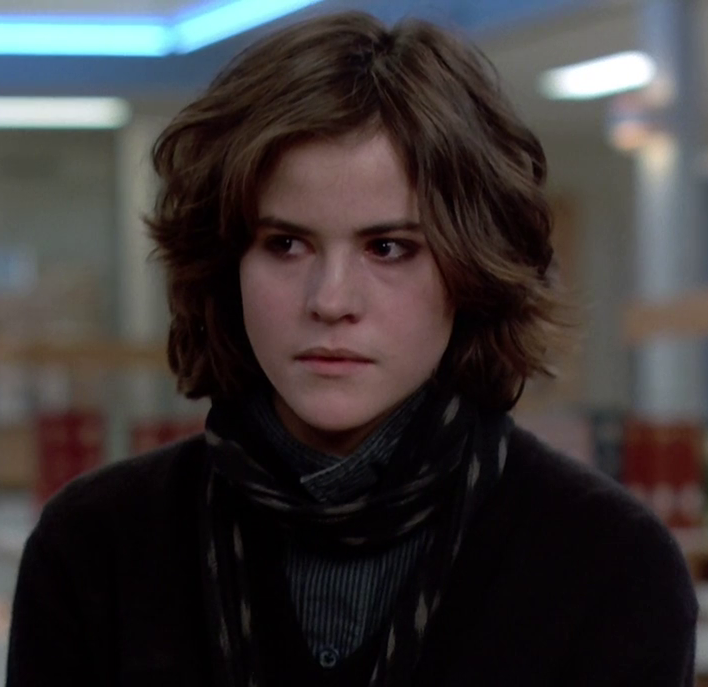‘We are not alone’ - The Breakfast Club’s lasting impact on teenagers today
The Breakfast club has been like a backing track to my teenage years.
The famous line that “we’re all pretty bizarre, some of us are just better at hiding it” became a balm to my feelings of confusion and inadequacy in the age of social media, where Instagram now provides an expert tool for “hiding” any “bizarre” feature that lies outside of the accepted norm.
Karla DeVito’s We Are Not Alone, which features in the joyous dance scene towards the end of this ingenious coming of age tale, is the root of the film’s message - it is a swift and truthful reminder of the universality of teenage anxieties. Thirty-eight years on, it’s still the go-to teen film.
While I was at school there was a surge in the teen movie genre, with a plethora to choose from - Ladybird, Submarine, Booksmart, Diary Of A Teenage Girl etc. But, although of course these films have much merit, they often felt too idealised and never resonated as much as John Hughes’ 1985 classic.
Above: Ally Sheedy as Allison. Below: Best friend duos in Ladybird (left) and Booksmart (right)
One feature of coming of age films today is the best friend dynamic - Ladybird is eventually reunited with Julie, while Booksmart had the friendship of Amy and Molly at its centre.
But very few find the ‘gal pal’ accomplice to guide them through high school. As Caitlin Moran put it: “The message is always that you…’need your people’, but what about the girls without friends- I didn't have any friends in school.”
In The Breakfast Club, though, we see that behind the facade of the tight popular group lies insecurities (“you don’t understand the pressure they can put on you,” a crying Clare reveals).
A particularly poignant moment sees Allison state in a shaky voice that she doesn’t have any friends. Such loneliness as Allison’s, depicted so nakedly here, is rarely shown in the teen movie, despite being so commonplace.
Similarly, Clare’s blunt announcement that, despite the new bonds formed during detention, she will not acknowledge or speak to Brian (the geek) or Allison (the outcast) when they return on Monday, accurately depicts a landscape where the “weirdos” are left as social outcasts. Although set in the 80s, I finally felt that I was seeing a dynamic I recognised.
Conversely, Booksmart sees the nerds power-walking into the college graduation ceremony. However much I wished to replicate such a cathartic and brilliant stunt, this would never happen!! Never have I seen a popular kid associate with a nerd, let alone hand them the karaoke mic to facilitate their air grabbing solo which acts as a final hurrah to prove that they were, after all this time, just as fun and cool.
As they exchange stories we realise that each of Hughes’ characters, though separated in social circumstances and occupying different stereotypical roles, is experiencing the same anxieties and fears (“when you grow up your heart dies”). The overwhelming pent up emotion expressed makes the film feel as though it has been made by a teenager.
One could argue that the bonds formed over the course of The Breakfast Club are themselves idealistic. But Hughes embeds an intelligent realism in the script which implicitly acknowledges that the image of five students emerging from their Saturday detention united and changed is a ruse. We accept the inevitability that the group will lose touch when the morning school bell chimes, as characters retreat into their social tribes.
Though fleeting, the self realisation that occurs by the end of the film is nevertheless touching and profound. As they dance together to DeVito’s track, we are suspended in the moment where these characters are united in the knowledge that less separates them than they originally thought.
Later, the film’s closing freeze frame crystallises a moment that the viewer knows might not exist when the sun sets on the weekend.
Ultimately it is the honest representation of loneliness and social divisions, and (most of all) the reminder that even “a brain…and an athlete…and a basket case…a princess…and a criminal” are all struggling, that means this masterful movie still resonates today.




